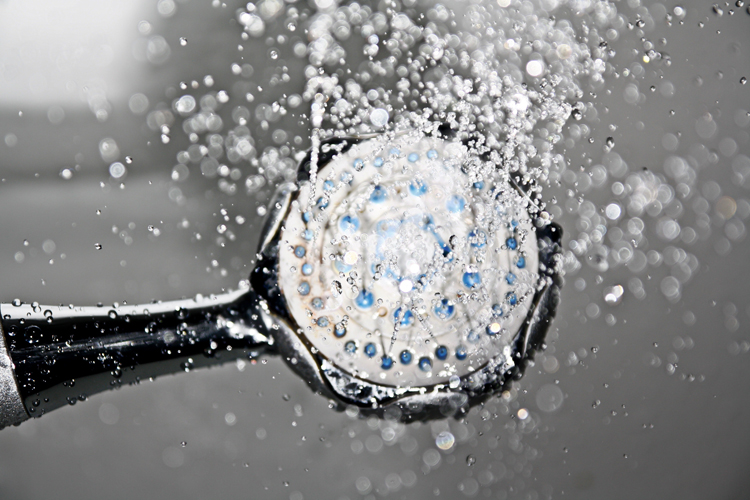Ever been greeted by an icy blast of water when you were expecting a warm shower? Or maybe you’ve noticed a strange noise coming from your hot water heater?
These incidents are more than just minor inconveniences. They’re signals that your water heater might need some attention. In this article, we’ll explore five common signs that indicate it’s time to call a hot water heater repair.
1. Fluctuating Water Temperature
If your hot water swings between hot and cold, it’s a clear signal something is amiss. This could be due to a failing heating element or a malfunctioning thermostat. Both of these components are crucial for maintaining a consistent water temperature.
Over time, minerals from hard water can accumulate inside your tank, forming a layer of sediment. This buildup can insulate the water from the heating elements, leading to inconsistent temperatures. Regular heating maintenance can help to prevent this issue.
To address fluctuating temperatures, it’s essential to inspect and possibly replace the heating elements or thermostat. Flushing the tank regularly can help to minimize sediment buildup.
2. Low Hot Water Pressure
Sediment and scale can build up in the pipes and tank, restricting water flow. This can reduce the pressure of hot water coming from your taps.
A faulty pressure relief valve or other internal components can also lead to decreased water pressure. These valves are designed to release pressure from the tank, but if they’re not functioning correctly, they can cause issues.
To improve water pressure, consider having a professional flush the system to remove sediment. If the issue persists, it might be necessary to replace the faulty valves or other components.
3. Discolored or Rusty Water
If your hot water has a rusty hue, it could be a sign that the inside of your water heater tank is corroding. This is especially true if your home has an older water heater.
The anode rod is designed to attract corrosive elements in the water, preventing it from rusting the tank. If this rod is worn out, it could lead to rust-colored water.
Replacing the anode rod can prevent further rusting and prolong the life of your tank. If the tank itself is rusted, it may be time for a replacement.
4. Strange Noises
Over time, sediment collects at the bottom of the tank. When the heating element turns on, it can cause this sediment to harden and make rumbling or popping noises.
Loose components within the heater can also cause unusual sounds. These noises can indicate that parts of the heater are not functioning properly and need tightening or replacement.
Flushing the tank can help remove sediment and reduce noise. If the problem is due to loose components, Lakeside Heating and Cooling can inspect the heater and secure any loose parts.
5. Leaking Water
Leaks often indicate that there are cracks or corrosion in the tank. Even a small leak can quickly escalate into a major problem, leading to water damage in your home.
Inspect the tank and surrounding connections for any signs of water. If the tank is corroded, it might need to be replaced. For less severe issues, tightening connections or replacing faulty parts can resolve the problem.
Get a Hot Water Heater Repair Today
In conclusion, it is important to prioritize the proper maintenance and timely repairs of your hot water heater. By paying attention to common signs of malfunction and reaching out to a professional for assistance, you can ensure a reliable and efficient appliance in your home. Don’t wait until it’s too late – schedule hot water heater repair!
If you want to read more articles, visit our blog.




